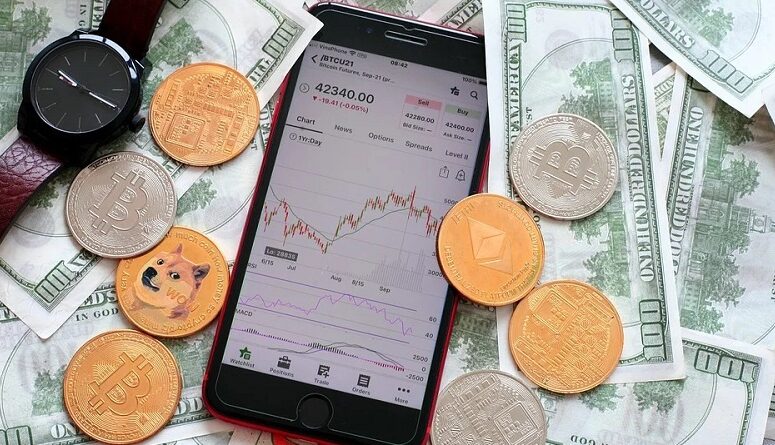
Forex spreads are a type of derivative that allows traders to speculate on the movement of the foreign currency exchange rate. They are also used to speculate on the direction of the market.
What is a Forex Spread?
When traders use the term “spread” in the forex market, they are referring to the difference between the buying and selling prices for a particular currency pair. The most common type of forex spread is a bid-ask spread where dealers offer to buy or sell a currency at a certain price and then ask other dealers to either buy or sell at that same price. In this way, traders can gain an edge on the potential competition by trading with someone who is already in possession of the desired assets.
How Do Forex Spreads Work?
Forex spreads allow traders to take advantage of the difference in price between two currencies. For example, a trader may want to buy Japanese yen and sell American dollars. To do this, the trader would need to purchase a forex spread, which would give them the right to buy Japanese yen at 375 and sell American dollars at 390. This means that they would receive 3.75 dollars for each dollar they spend.
The Benefits of Forex Spreads
The benefits of forex spreads include the ability to make a profit from the movement of the foreign currency exchange rate, the ability to speculate on the direction of the market, and the ability to reduce risk.
- Forex spreads can provide traders with more opportunities for profits.
- Forex spreads can help traders identify opportunities to trade with a wider range of risk.
- Forex spreads can help traders manage their risk by allowing them to speculate on the price of a currency without risking all of their money.
- Forex spreads can also be used to reduce the amount of capital that is required to trade currencies.
Identifying the Risks of Forex Spreads
Forex spreads can be risky, depending on the type of spread. For example, a 3-day forex spread may offer a higher payout than a 1-day forex spread, but there is also a greater risk that the currency pair will move against you during that time period. Additionally, longer forex spreads may offer larger potential payouts, but also carry greater risk that the currency pair will not move at all during that time period. It is important to carefully consider the risks and rewards of any forex spread before investing.
1) Risks associated with Forex trading can be very high and include the potential for massive financial losses.
2) Forex trading can be highly speculative, meaning that there is a risk of losing all your money if you don’t make the right decisions.
3) Forex trading can be very risky and volatile, meaning that prices can change quickly and without warning.
4) Forex trading is prone to scams and fraudulent schemes, so it’s important to do your research before you start trading.
5) Forex trading involves a high level of risk, so it’s not for everyone. If you don’t have the financial resources to deal with the risks, then it might not be wise to invest in forex trading.
6) Forex trading is not suitable for everyone, as it can be very technical and require a good understanding of the market mechanics.
7) Forex trading can be a very addictive activity, which can lead to compulsive trading behavior.
8) Forex trading is not without its risks, so it’s important to be aware of the risks involved before you start trading and to have a strategy in place to protect yourself from potential losses.
Conclusion
Forex spreads are a type of derivative that allows traders to make a profit by speculating on the movement of the foreign currency exchange rate. They are also used to reduce risk by speculating on the direction of the market.




